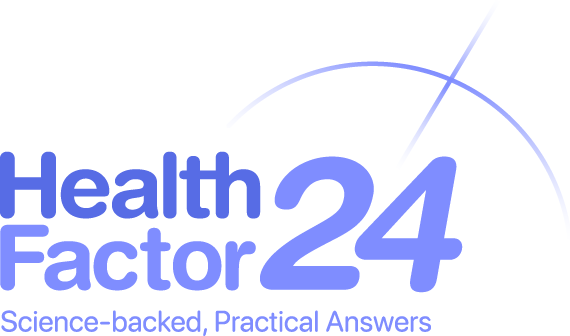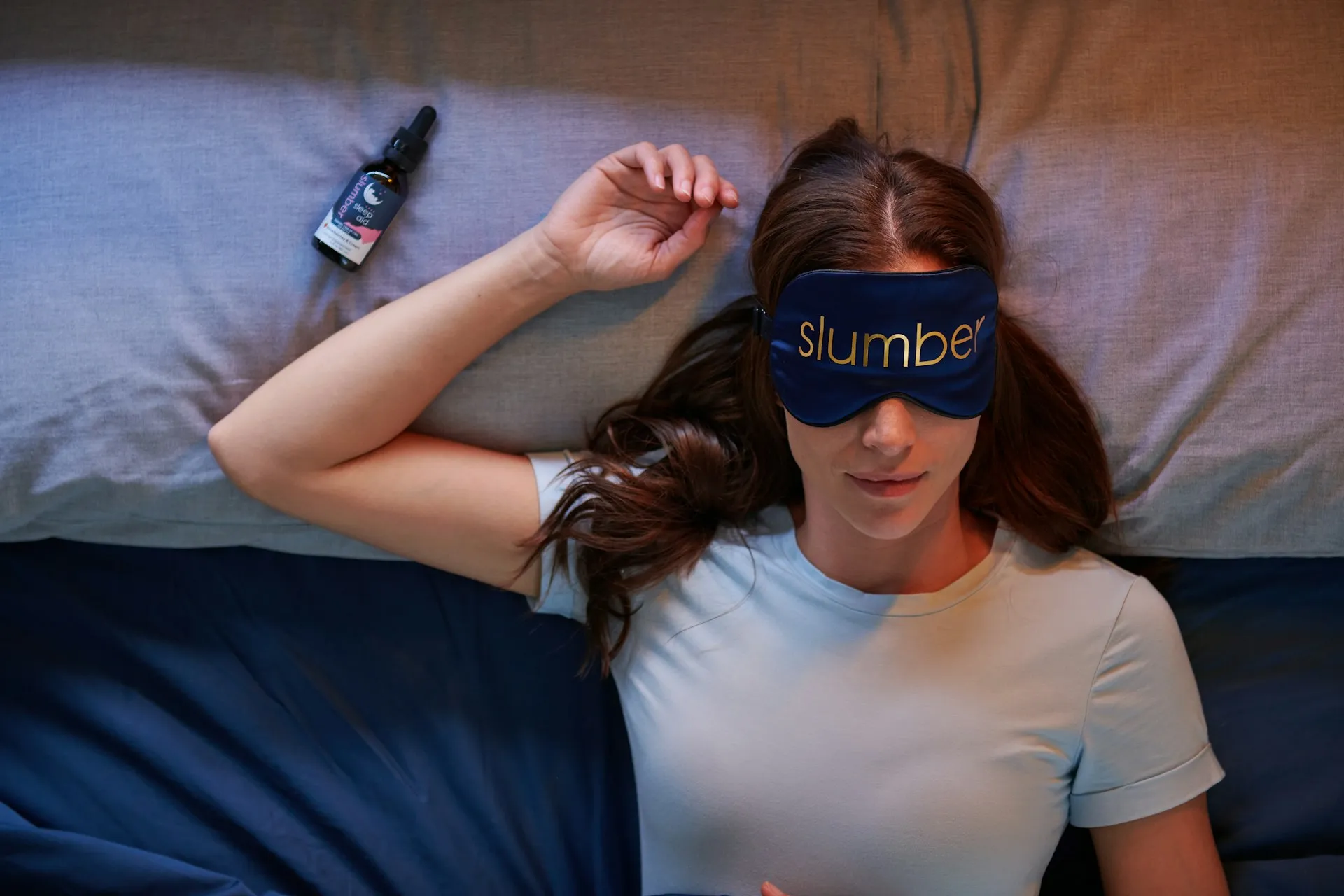Forget counting sheep; today we’re diving into the world of sleep-promoting foods and supplements that can help you catch those Zzzs and wake up feeling refreshed and ready to conquer the day.
Food for Thought: Your Diet and Your Sleep
Have you ever noticed how a heavy meal right before bed can leave you tossing and turning? Or how a sugary snack can give you a burst of energy, making it harder to fall asleep? That’s because the food you eat can affect your blood sugar levels, hormone production, and even your body temperature, all of which play a role in sleep regulation.
So, what should you be eating (and avoiding) to promote deeper slumber? Let’s break it down:
Sleep-Promoting Foods
- Tryptophan-Rich Foods: This amino acid is a precursor to melatonin, the sleep hormone. You’ll find tryptophan in turkey, chicken, fish, nuts, seeds, and dairy products.
- Magnesium-Rich Foods: This mineral helps relax your muscles and nervous system, making it easier to fall asleep. Load up on leafy greens, nuts, seeds, and whole grains.
- Complex Carbohydrates: A small serving of complex carbs before bed can help increase serotonin levels, which can promote relaxation and sleepiness. Think oatmeal, whole-wheat bread, or brown rice.
- Herbal Teas: Chamomile, lavender, and valerian root teas have calming properties that can help you unwind and prepare for sleep.
Foods to Avoid Before Bed
- Caffeine: This stimulant can stay in your system for hours, interfering with your ability to fall asleep and stay asleep. Avoid coffee, tea, chocolate, and energy drinks in the hours leading up to bedtime.
- Alcohol: While alcohol might make you feel sleepy initially, it can disrupt your sleep later in the night, leading to fragmented and less restful sleep.
- Heavy Meals: Large, fatty meals can take a while to digest, leading to indigestion and discomfort that can keep you awake.
- Sugary Snacks: Sugar can cause a spike in blood sugar followed by a crash, which can interfere with sleep.
- Sleep-Boosting Supplements (But Talk to Your Doctor First!)
- While a healthy diet is the foundation for good sleep, certain supplements can also help:
- Melatonin: This sleep hormone can help regulate your sleep-wake cycle.
- Magnesium: Can help relax your muscles and improve sleep quality.
- Valerian Root: This herb has calming properties and can promote sleepiness.
- L-theanine: This amino acid found in tea leaves can reduce anxiety and promote relaxation.
Your Sleep Diet Matters (Almost as Much as Your Daytime Diet)
Look, I know it’s tempting to reach for a late-night snack or indulge in a nightcap. But if you’re serious about improving your sleep, you need to start paying attention to what you eat and when you eat it.
Your body is a finely tuned machine, and what you put into it can have a major impact on how it functions, including how well you sleep. So, make smart choices, nourish your body with sleep-promoting foods, and ditch the sleep disruptors. Your body and mind will thank you!




